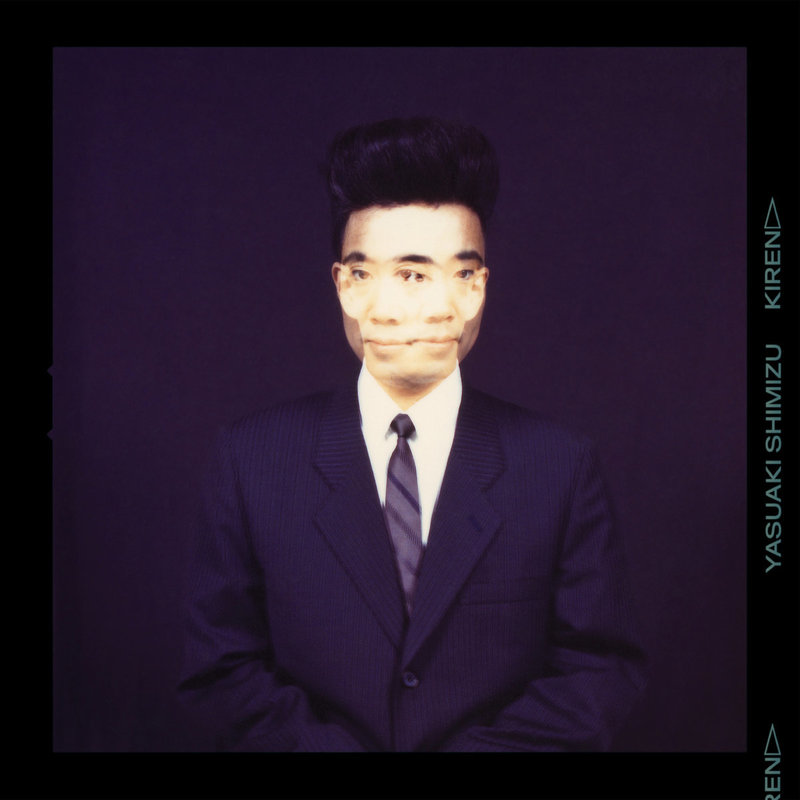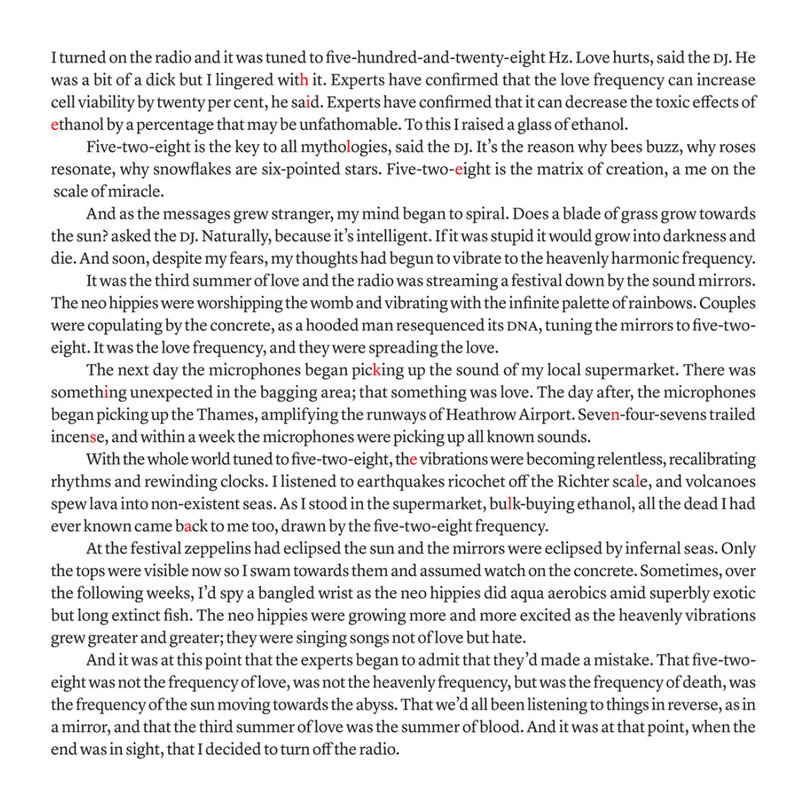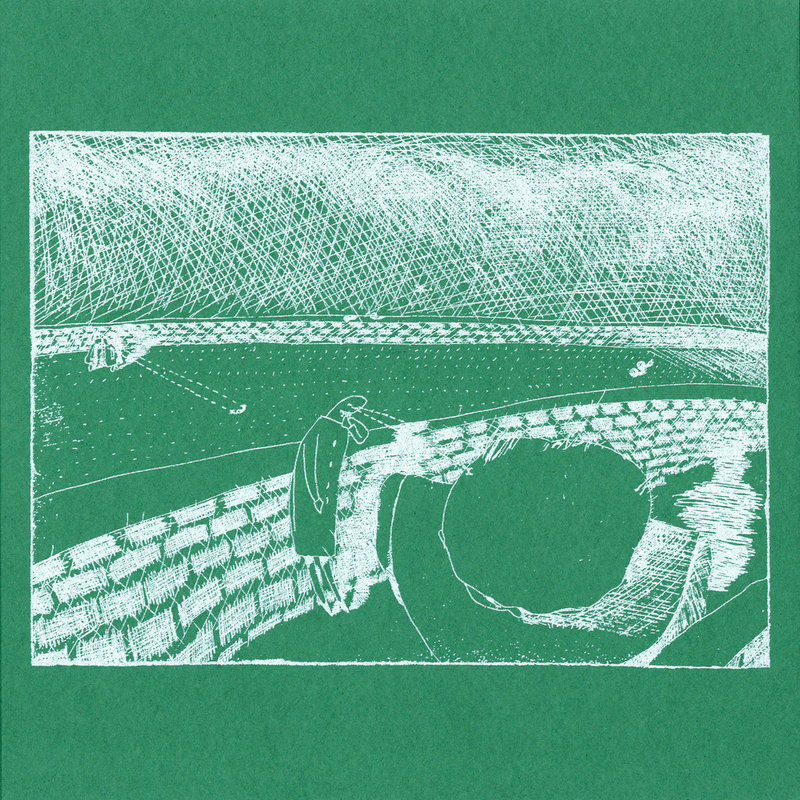
By 1984, the Japanese composer, saxophonist and producer Yasuaki Shimizu was on a creative tear. Two years earlier, Better Days released his algorithmically acclaimed and eternally intriguing solo album "Kakashi", which served as a set-up for "Utakata No Hibi", the third and best album from Shimizu's folkloric synth-pop project Mariah. If history had gone slightly differently, the release of "Utakata No Hibi" would have been followed by an album of hyper-prescient experimental dance music titled "Kiren."
However, due to a lack of interest in "Kakashi" at the time, that run was not to be. Instead, thirty-eight years later, "Kiren" has emerged from the archives through a plush vinyl, CD digital release on New York's excellent Palto Flats label, also home to reissues of "Kakashi" and "Utakata No Hibi".
Where "Kakashi" and "Utakata No Hibi" are albums that slowly found a global audience over decades through enthusiastic record store clerks, tapped in specialist radio shows, the mysteries of the YouTube Algorithm, and later on, social media, "Kiren" emerges in 2022. Although it's untethered from the weight of all of the above, by virtue of being what it is - an unreleased album from a true legend of Japanese music - expectations were always going to be skyscraper high; or at the very least, high.
Thankfully, over the course of the seven songs included, the 1984 version of Shimizu delivers, offering up a fascinating vision of fusion, synthpop, new wave, and jazz, as articulated with a sharp Japanese sensibility and a dizzying array of early eighties studio magic. From the opening drum notes, of track one, “Ashita”, “Kiren” is a multi-layered adventure through what Shimizu has described as “the dance inside the image of myself.”
Listen closely to songs like “Momo no Hana” and “Kagerofu" and you'll hear the rhyme and metre of Japanese prose poetry reimagined as rhythm poems. Across the album, you'll also hear playful improvisations gently corraled into distinct song forms, technology experiments, subconscious rhythms, and his ever-present use of pentatonic scales. It’s also with mentioning the contributions of Aki Ikuta, who provides Linn Drum programming, turntables and studio production assistance on the majority of the album. That relationship and dialogue delivers some remarkable moments on "Kiren" and, speaking personally, really hits a special, freaked-out dancefloor stride on "Peruvian Pink" and "Shiasate". I'll be putting those ones aside for a DJ set for sure.
For me, one of the brilliant things about "Kiren", as with "Kakashi" and "Utakata No Hibi" is how brilliantly Shimizu rides the line between braindance and body music, local culture and outernationality. The work is deeply cerebral and deeply physical, distinctively Japanese, but very much connected to - and well versed in - a broader global musical conversation. Shimizu and his peers were connecting the dots in real-time, and when you think about the research, listening and diligence it took to do that in the early eighties, it's a remarkable thing and well worth celebrating.
"Kiren" is available in vinyl, CD and digital formats through Palto Flats (here)


